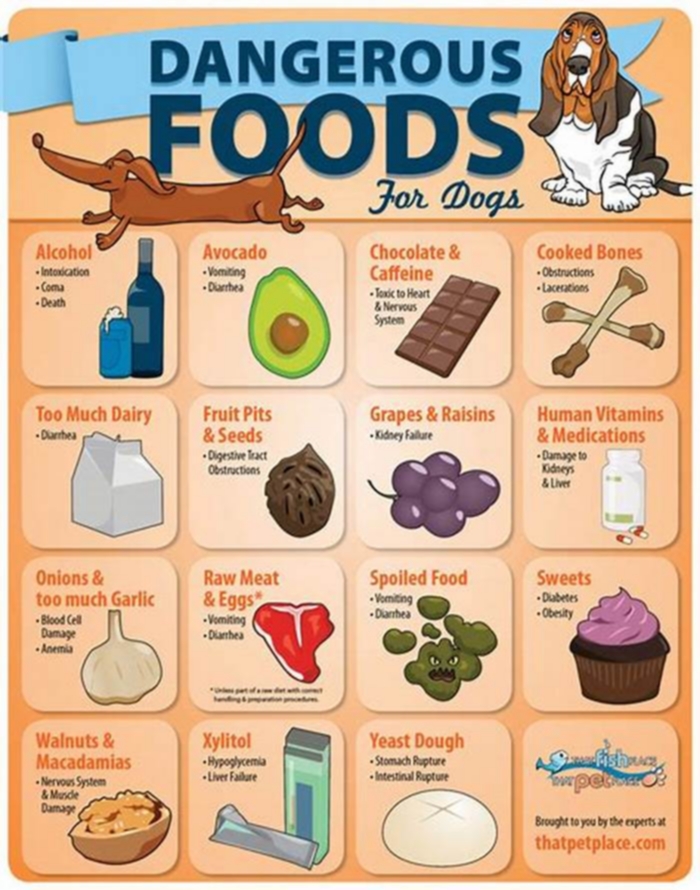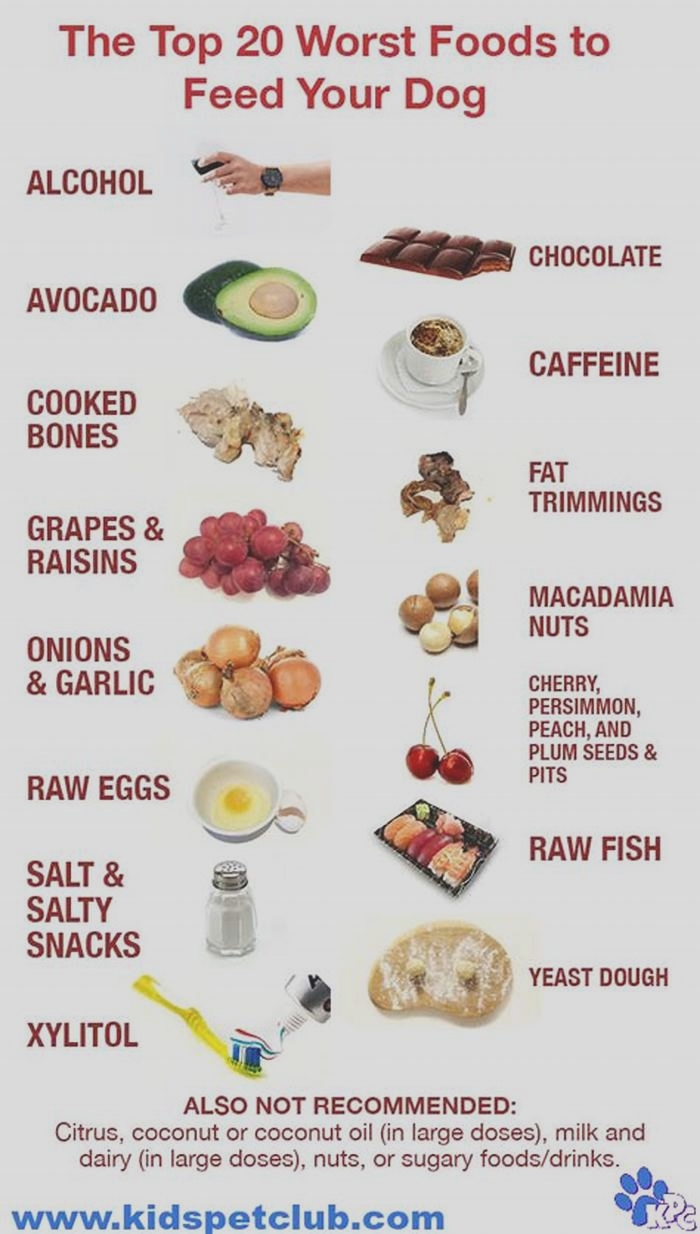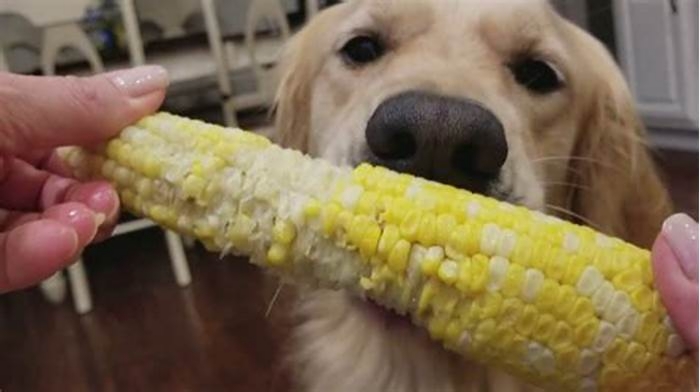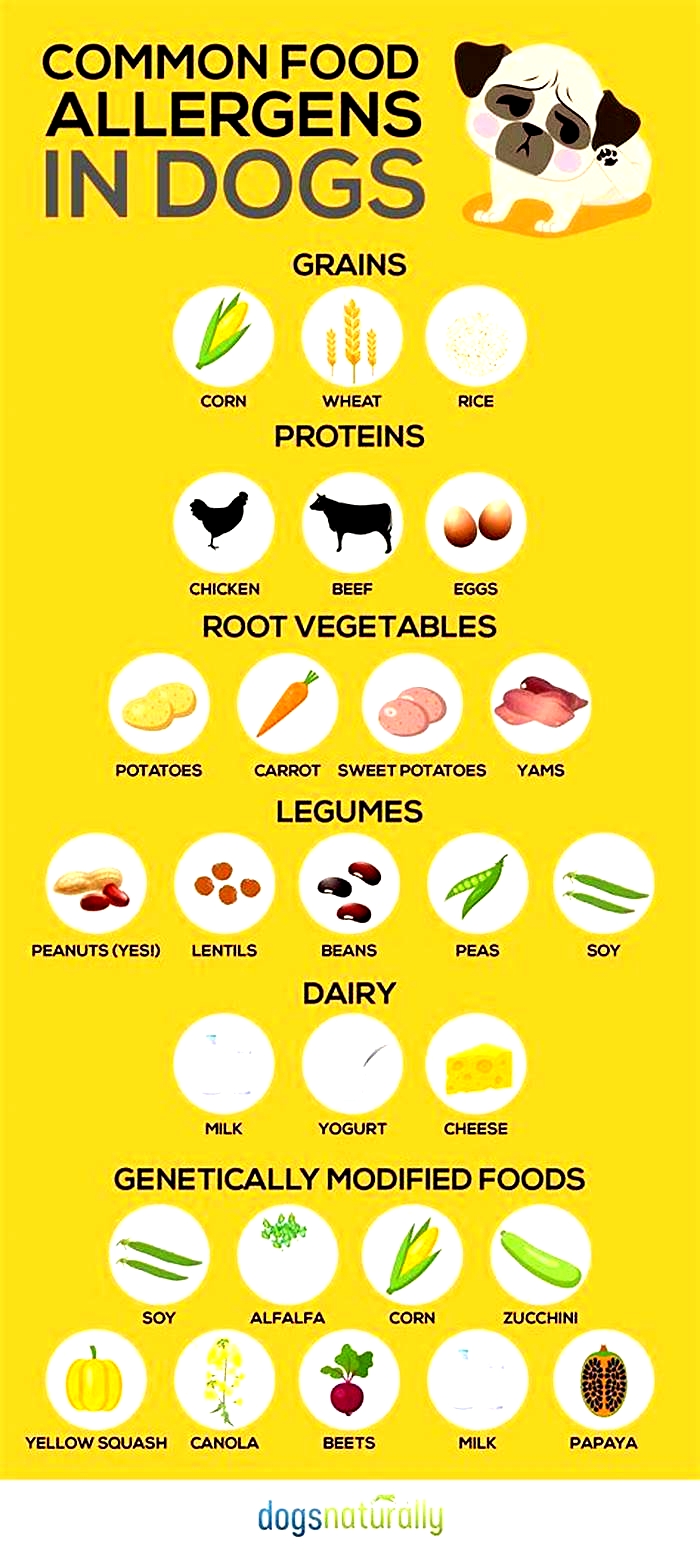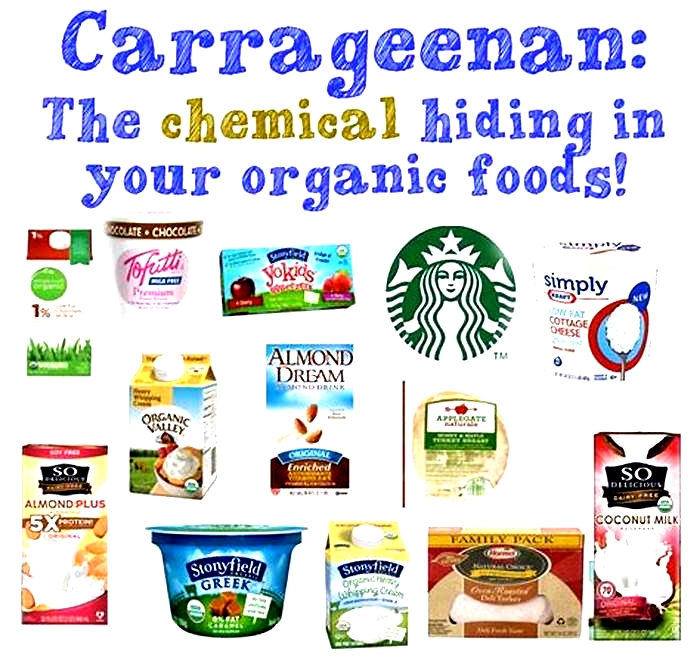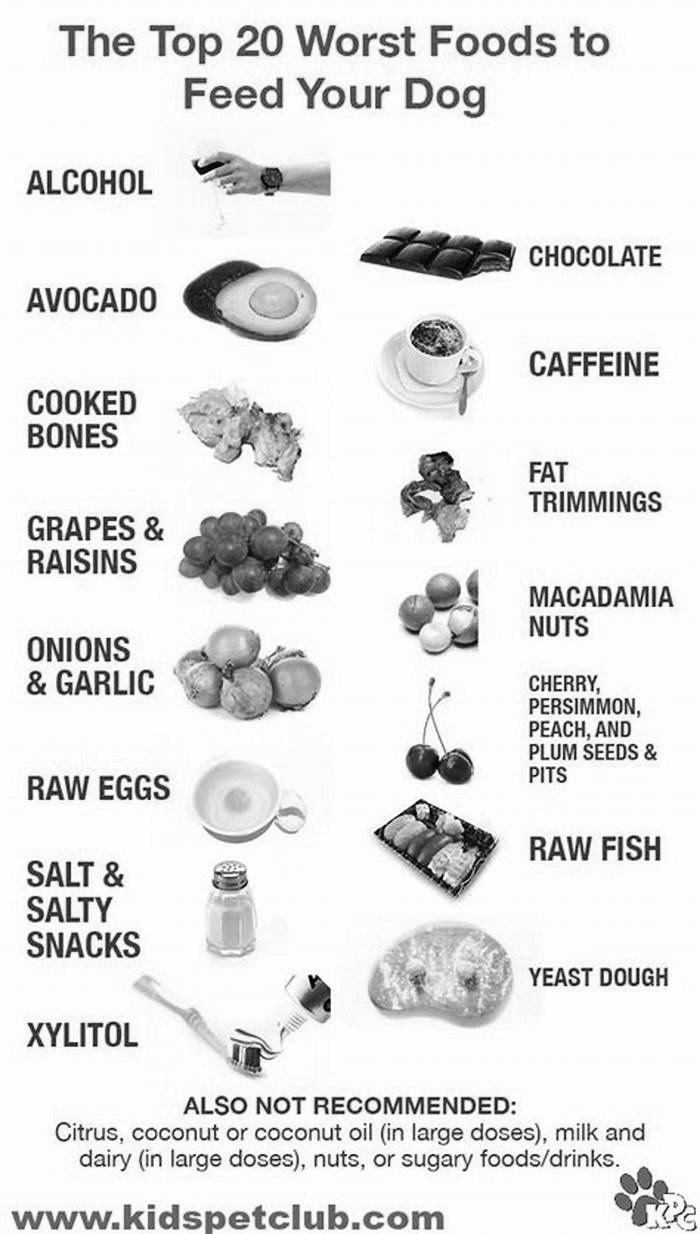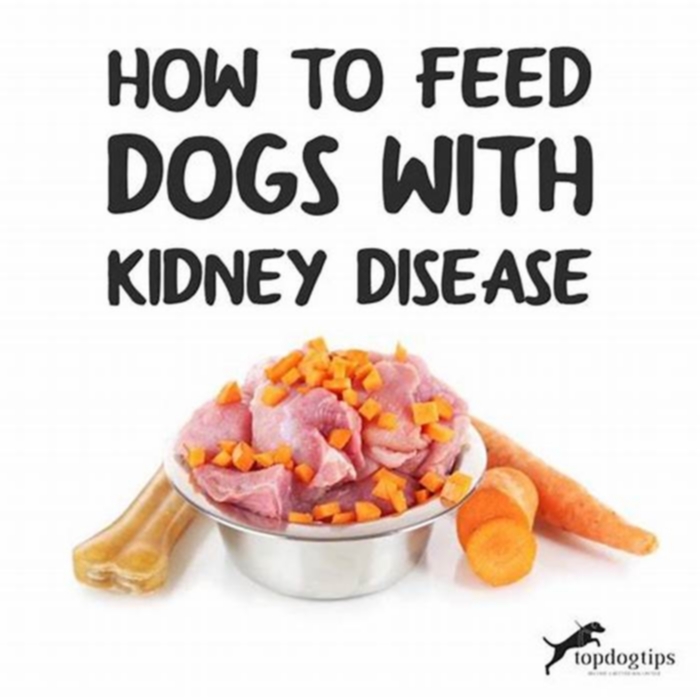Why should you avoid corn in dog food
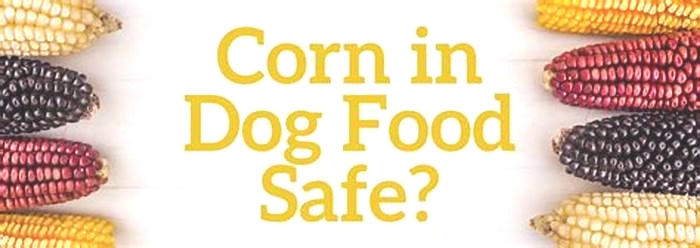
The Truth About Corn in Dog Food
Some insist corn is a nutritious dog food ingredient while others denounce it as a problematic cereal grain.
So, what should you believe? Whats the truth about corn in dog food?
Is it good or is it bad?
Well, that depends on whom you ask.
In general, anxieties expressed over the use of corn in dog food seem to come from end users pet owners, breeders and the like.
Yet the pro-corn crowd appears to be dominated by those who have a vested interest in products made with cereal grains.
Myths About CornPromoted by the Industry
Makers and sellers of corn-based foods insist the negative stories about corn are simply unsubstantiated myths and rumors spread around the Internet by uninformed consumers.
The truth is, most of the exaggerated claims extolling the virtues of corn actually originate within the pet food industry itself and are unwittingly propagated by naive and well-meaning pet owners.
Here are some of the most enduring myths about corn promoted by makers and sellers of corn-based dog foods.
Myth #1Corn Has a Low Glycemic Index
The glycemic index is a way of measuring the tendency of a specific food to raise the blood sugar level of an animal. The higher the index, the greater the risk of an unhealthy rise in blood sugar.
Here are the actual glycemic index figures1 for a few common dog food ingredients2
- Corn meal (69)
- Brown rice (55)
- Corn (53)
- Oatmeal (49)
- Wheat (41)
- Barley (25)
- Chicken (0)
- Beef (0)
Compared to most other ingredients used in making dog food, corn does not have a lower glycemic index.
Myth #2Corn Does Not Cause Allergies
Supporters of corn-based products like to point out that corn is one of the least allergenic ingredients in dog food.
And according to some studies, that is probably true.
One report3 found the incidence of corn allergy to be only 14% while another4 places corn at just 3% of all allergies.
Yet to be fair, other reports caution readers not to place excessive value on the accuracy of these studies due to the notable difficulty in confirming the precise incidence of food allergies in dogs.5
In any case, although it may not be a common food allergen, corn still cannot be completely excused as a potential cause.
While searching the Internet for these studies, its hard not to notice the thousands of legitimate reports by owners, breeders, forums and veterinary sites reporting corn and other cereal grains as a likely cause of their dogs allergies.
And then theres the (very real) issue of cereal grain quality.
In many cases, problems arent so much a matter of allergies to the corn itself but rather to undetected contaminants within that grain.
Its not unusual to find storage mites, their droppings and expired carcasses in bulk lots of feed grains6. And all of these are known to be notable canine allergens.
So, for these reasons, corn must still be considered a reasonable suspect when investigating the cause of any food-related canine allergy.
Myth #3Corn Is Highly Digestible
As a whole grain, corn is not easily digestible.
Thats because unless the kernel is first refined into a meal or a flour and then cooked, corn would be very difficult for a dog to digest.
As a matter of fact, corn (and other grains) are only digestible to the extent to which theyre processed.
Thats why even though the grain may be listed as whole on a pet food label, its nearly always first ground before being cooked into kibble.
And the finer its ground, the more digestible corn will be. But also, the higher its glycemic index.
In any case, the industrys claim that corn is 99% digestible can be misleading. Its easy for consumers to interpret that statement to mean corn has a high nutritional value, too.
Unfortunately, that is simply not the case.
Myth #4Corn Has a High Biological Value
Theres certainly nothing unique enough about corns content that makes it a nutritional standout nothing that cant be found in or converted from some other ingredient.
Not even protein.
And to those who insist the protein content of a corn kernel has some important biological value we present the following table:7
When it comes to its protein usability, corn has a measurably lower biological value.
Myth #5Corn Is Rich in Vitamins and Minerals
Fans of corn also like to claim the grain is high in anti-oxidants and minerals.
High in anti-oxidants and minerals? Compared to what?
Aside from its energy content, corns nutritional completeness is certainly not exceptional.
The Nutrient Balance Completeness Score is a measure of how complete a food is with respect to vitamin, mineral and dietary fiber content. The higher the score of a food, the more complete its nutrients.
According to information gathered by NutritionData.com8 from the USDAs National Nutrient Database for Standard Reference, the Completeness Score for corn and a number of other common ingredients are listed here in increasing nutritional value
- Brown rice (33)
- Corn (34)
- Barley (36)
- Oats (43)
- Quinoa (45)
- Wheat (48)
- Potato (51)
- Peas (53)
- Sweet potato (55)
- Spinach (91)
So, when it comes to judging its vitamin and mineral content, corn is mostly unremarkable.
Myth #6Corn Is a Superior Source of Energy
Some pet food manufacturers like to point out that corn is a better source of energy especially for working animals than meat.
However, science proves this to be yet another myth.
Consumers shouldnt favor a dog food because protein is the first ingredient. They should choose a dog food because meat is the first ingredient.
Thats because meat doesnt just contain protein it also contains fat.
Corn is mostly fat free. Its a carbohydrate.
From a scientific standpoint and not marketing hype heres the actual energy scorecard for each of the 3 macronutrients9 found in all food:
The following caloric information is based upon the USDAs National Nutrient Database for Standard Reference and published by NutritionData.com10:
As you can see, ounce-for-ounce, science proves meat contains significantly more energy than corn.
The Truth About Corn
So, why is corn used so abundantly in the manufacture of todays commercial dog foods?
Well, as youve just seen, surely not because it could be considered more nutritious.
Then, could corn be more natural?
When you study a dogs natural ancestral history, you wont find any mention of corn. That is, until the year 1956. For that was the year indelibly marked by the invention of kibble.
So, why did the introduction of kibble bring with it such a dramatic rise in the use of corn in making dog food?
What suddenly made carbohydrates like corn, grains and potatoes so popular with the pet food industry?
The truth is
- Carbohydrates are cheap
- Carbohydrates are vital to the kibbling process
You wont find corn in commercial dog food because it contributes some unique nutritional property. No, its there simply because it supplies cheap calories to the product.
And starchy carbohydrates play a critical role in a process known as gelatinization a process which is absolutely crucial to the workings of kibble machinery.
Think about it.
How often do you find corn or other cereal grains in a raw or canned dog food?
The Bottom Line
In a nutshell, corn makes any pet food you find it in less expensive to produce. And it does this by diluting a recipes more costly meat ingredients.
And thats OK.
Because corn doesnt just save money for manufacturers it also makes dog food more affordable for pet owners, too.
However, to advertise that corn is included in commercial dog food mainly because of its nutritional benefits is misleading and a gross misrepresentation of the facts.
Should You Avoid Buying Dog Food That Contains Corn?
A dogs body cannot process corn properly.
Corn-free dog food is an important part of a healthy diet for your dog.
Corn can assault the sugar-controlling functions of both the liver and the pancreas, hence leading to medical conditions like dog obesity, pancreatitis, diabetes, and liver disease.
There is no shortage of warnings on the Internet that corn is bad for your dogs health. And the explanations given for the alarm can sound scientifically credible to people who are not scientists. But theyre not. Corn has been regularly included in commercial dog food for decades, and dogs are only getting healthier and living longer. Take a look at the buzz that passes for fact against the actual science.
Myth: Corn in dog food is just filler to add weight and volume and replace meat, which is much more expensive.
Fact: Corn is a rich source of linoleic acid, an essential fatty acid that dogs must get in their diets. It also contributes vitamins and minerals, along with some of the fiber dogs require. In addition, corn is a good source of the phytonutrients lutein and zeaxanthin, which are being investigated for potential health benefits.
Myth: Corn cannot be digested, or digested properly, by dogs.
Fact: It has been said that dogs are not able to digest the carbohydrates in corn (or in other foods, for that matter) because they lack an enzyme in their saliva called amylase that helps break them down. But dogs do secrete amylase. It comes from their pancreas rather than from saliva (in people, pancreatic amylase is much more important than salivary amylase), and it then passes into the upper portion of the small intestine where much of digestion takes place.
Some argue that because amylase does not enter the digestive process right in the mouth, the carbohydrates in corn (and other grains) cannot be broken down adequately. But thats not true. A dogs intestine digests corn just fine, and nutrients from corn then enter the bloodstream and travel to all the bodys tissues, where they fuel and maintain cells.
Granted, if the corn is wholly uncooked, it will not be highly digestible. But whole ground corn cooked via extrusion (the way most dry dog foods are made), has been shown to be 97 percent digestible by dogs. Dogs fed whole sweet corn kernals may pass small pieces of the outer hulls of the corn in their stool, but this doesnt mean that the rest of the nutrients from inside were not absorbed.
Myth: Because dogs are carnivores, like their ancestors the wolves, they should simply not consume carbohydrates of any kind.
Fact: Dogs are not wolves and, more importantly, they are not carnivores. They thrive on a mixed diet of both animal foods and plant foods. Moreover, wolves dont make for a good comparison to the lifestyles of todays pet dogs. They live for only a few years in the wild long enough to procreate and then die from illness or attack by other animals. In other words, whats optimal for a wolf is not relevant to whats optimal for our companion dogs, who generally live longer than a decade and sometimes closer to two decades. Finally, researchers have reported that dogs have genetic differences from wolves that are critical for starch digestion.
Myth: Because corn is rich in carbohydrates, it overwhelms the sugar-controlling functions of the pancreas, leading to dog obesity, diabetes, and other serous conditions.
Fact: Carbohydrates do not cause diabetes, either in dogs or people. They need to be monitored only in dogs (and people) who have already developed that condition. Carbohydrates dont cause obesity, either. Its caused by consuming too many calories and insufficient physical activity to burn them off.
Myth: A lot of dogs are allergic to corn.
Fact: Corn gets blamed for allergic reactions that include skin irritation, hair loss, tumors, blindness, deafness, and inflamed kidneys. But allergies to corn are rare.
Why would a corn allergy be uncommon? Its because allergies to animal proteins those present in meat, poultry, and dairy products are much more apt to occur than allergies to a source of carbohydrates. Even animal foods rarely cause food allergies. Dogs who develop allergies tend to have them from allergens in the environment pollen, dust, and mold, for example.
The takeaway: Its fine for corn to be an ingredient in your dogs diet. Corn even offers nutritional advantages in its mix of vitamins, minerals, and other nutrients.

